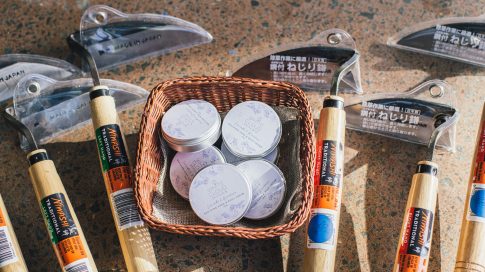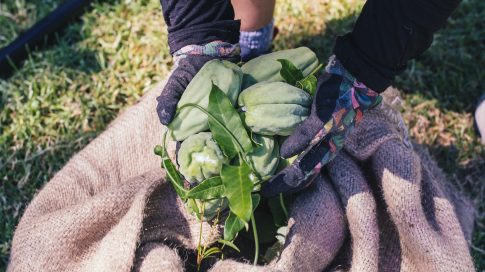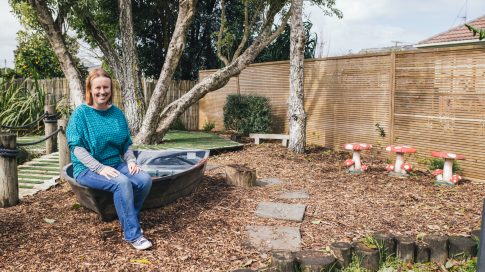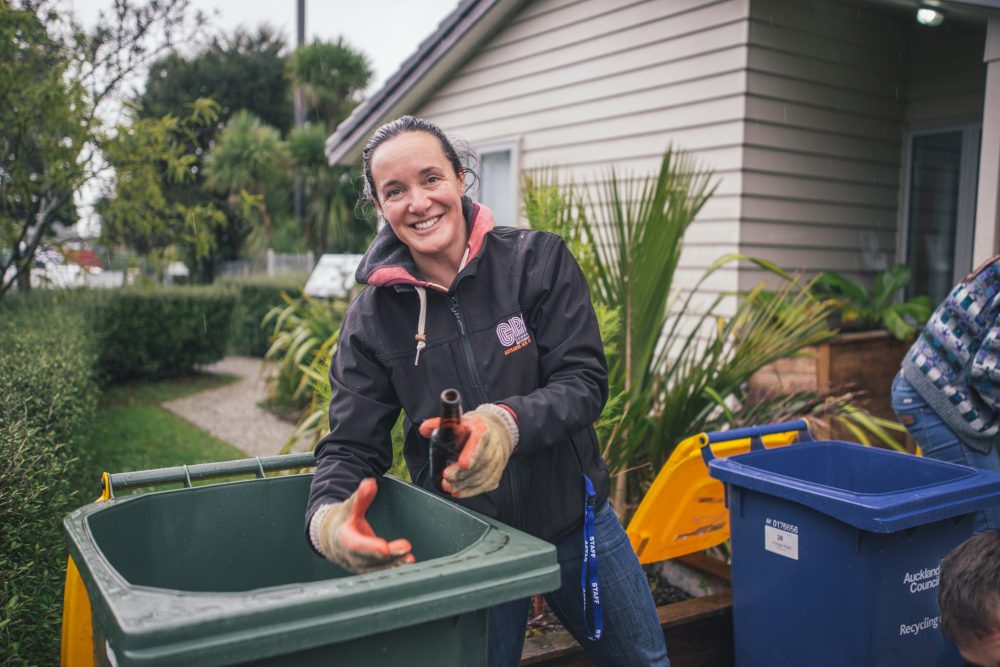
Are you recycling right?
Posted:
Recycling Week is the perfect time to brush up on your recycling skills. To help, our recycling experts bust a few myths and share their favourite resources to keep your recycling game sharp.
Three recycling myths busted
FALSE: single use coffee cups are fine to go in your household recycling. You might assume these are made from paper so can be happily recycled alongside your envelopes and newspapers. But in reality, they are often have a plastic lining -that’s great for stopping coffee leaks but not so great for recycling potential as it’s too hard to separate these materials. Even an ‘eco’ cup is (in most cases) only suitable for commercial composting, rather than a home compost.
SOLUTION: drink your coffee at the cafe, or bring a reusable cup. The easiest way to make this a habit is to have a rule – no cup, no coffee. It you love your coffee that much, you’ll soon remember to bring your cup!
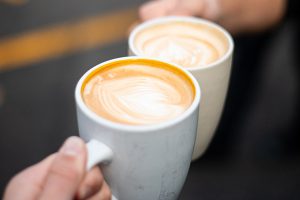
FALSE: the recycling rules are the same all around Aotearoa. Of course this would make sense but the truth is quite different. Councils around the country use different recycling processors, who have different ways of dealing with recycling and different end markets for the items collected. For example, this might mean in some towns and cities, you can put all recycling into one bin but in other areas, you’ll be expected to keep glass or paper separate. Some processors prefer lids on and others like these separate.
SOLUTION: if you move to a new area or you are simply not sure what the guidelines are in your area, make it your job to check with your council what the local rules are. And if in doubt, keep it out – don’t be a ‘wish-cycler’ and hope that it will be ok in your recycling bin.
FALSE: it’s fine to just chuck recyclable items straight into your bin with food still stuck to them. As much as this would make it even more convenient for us, it’s not great for the people who have to handle our recycling during collection and processing (think of the smell!) Food residue also reduces the quality of the materials collected, which means processors might not be able to sell the recycled material.
SOLUTION: Please rinse or clean food/liquids from all the items you are putting in your household recycling bin. You’ll be doing a favour to the fantastic people who help collect and sort your recycling and your efforts can mean higher quality raw materials which attract a better price.
Where can I recycle…?
There are more and more items which, while not accepted in household recycling, do have specialist recycling programmes to help give them a new life. It may mean having to drop an item off or pay a small processing fee, but this can help you rest easier at night, knowing you’ve found a more sustainable solution.
Here at EcoMatters we are a free drop off point for things such as plastic toothbrushes, empty toothpaste tubes, pens, mechanical pencils and markers.
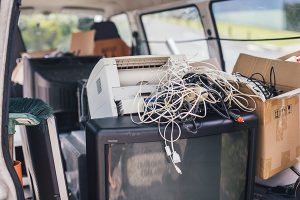
We also accept e-waste such as small household appliances, electronics, batteries, lightbulbs and more. There’s a small fee for each item, which covers processing costs. Find out costs and what’s accepted here.
Auckland Council has a great tool where you enter the name of the item you want to get rid of and it gives you options for disposal. Put it to the test here.
Listen and learn
Local waste reduction guru Waveney Warth and comedian Tim Batt teach us ‘How To Save The World’, in this entertaining podcast about the big issues. For a better understanding of New Zealand’s recycling processes and politics, we recommend this episode: ‘Is Recycling Legit?’
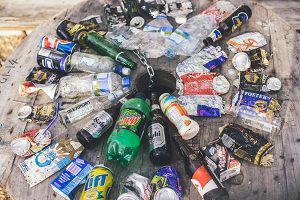
Want the downlow on how recycling came to be part of the modern economy? Listen to 50 Things That Made The Modern Economy – Recycling here.
Did that whet your appetite for understanding more about National Sword, the Chinese government’s clamp down accepting overseas recycling for processing? 99 Percent Invisible has an extra for experts explanation here.
And if you really want to up your recycling game, our waste experts here at EcoMatters offer ‘Recycling 101’, an introduction to getting your household or business recycling right. To find out more or book a session, email: [email protected]

